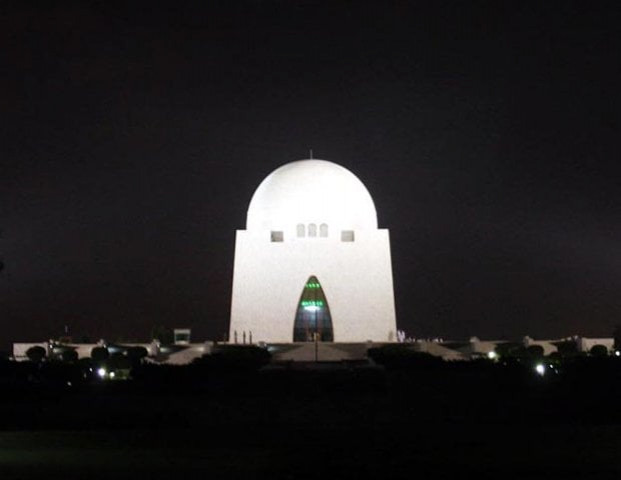A Sufi and a scholar: Remembering a man and his love for Karachi
He was amazed at how people from different parts of the subcontinent lived together.

Before moving to Karachi, Jamal Mian moved to Dhaka, East Pakistan now Bangladesh where he set up a tea business. After the war when he lost everything except for his personal diaries and books, he decided to pack up and left for Karachi. PHOTO: ONLINE
Every time he was in Karachi, he was amazed at how people from different parts of two countries - India and Pakistan, were living together. “In two days, he had encountered people from Bombay, Hyderabad - people from all over the place, in Karachi,” said British scholar Prof Francis Robinson while sharing his unpublished research on the religious scholar and leader of the Independence movement.
While speaking about Jamal Mian Farangi Mahali, also known as Jamal Mian, at the Pakistan Institute of International Affairs, Robinson talked about the role Karachi played in his life.
Jamal Mian was born on December 5, 1919, in Lucknow to a family with rich spiritual and scholarly background which moved to India from Herat, Afghanistan during the reign of Mughal emperor Akbar. His ancestors belonged to the Ansaris of Medina.
He became active in politics while studying at the Lucknow University. Due to his family background, several politicians, including Mahatma Gandhi, used to visit frequently. It came as no surprise when Jamal Mian joined the Muslim League and was elected to the Uttar Pradesh Legislative Assembly in 1946. He was a key member of the party and became its honorary assistant secretary in 1943.
It is said that he was one of the strongest voices who fought for Pakistan but could not move across the border till the 1970s due to family commitments. But when he did make the move, it was to Karachi. He remained in the city till he was on his death bed - November, 2012.
According to Robinson, who is a professor at Royal Holloway, University of London, Jamal Mian first came to Karachi in 1938 to attend a Muslim League summit. He said that there was a huge procession and Jamal Mian who was just 18 at the time also delivered a speech.
“Jamal, who came from a lineage of distinguished ulema, was exposed to politics at an early age,” said Robinson while taking the audience to Pre-partition India where in 1936, Shaukat Ali took a young Jamal to a conference in Calcutta where he wrote that apart from the ice cream, he was blown away by the speeches.
The same year, Robinson said, Jamal Mian went to attend a Muslim League meeting in Lucknow and the Quaid did not let him give a speech as he was merely 17-years-old. In the next couple of months, however, Quaid-e-Azam Mohammad Ali Jinnah realised that Jamal was an effective orator and used him for campaigning during the elections.
In 1947, he added, Jamal Mian visited Karachi three times and then visited the city regularly in the 1950s and 1960s.
The professor claimed that during his visits to Karachi, Jamal Mian used to take notes in his diary and the one thing he found refreshing was how much the Pakistanis loved their ministers.
Before moving to Karachi, Jamal Mian moved to Dhaka, East Pakistan now Bangladesh where he set up a tea business. After the war when he lost everything except for his personal diaries and books, he decided to pack up and left for Karachi.
Published in The Express Tribune, January 9th, 2015.



















COMMENTS
Comments are moderated and generally will be posted if they are on-topic and not abusive.
For more information, please see our Comments FAQ